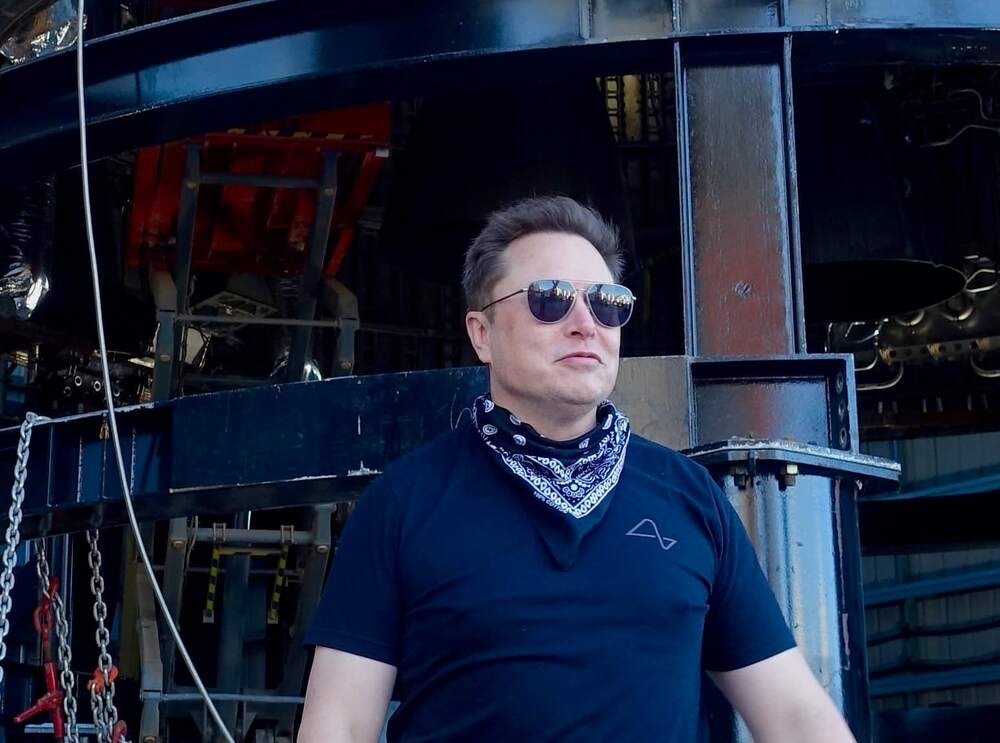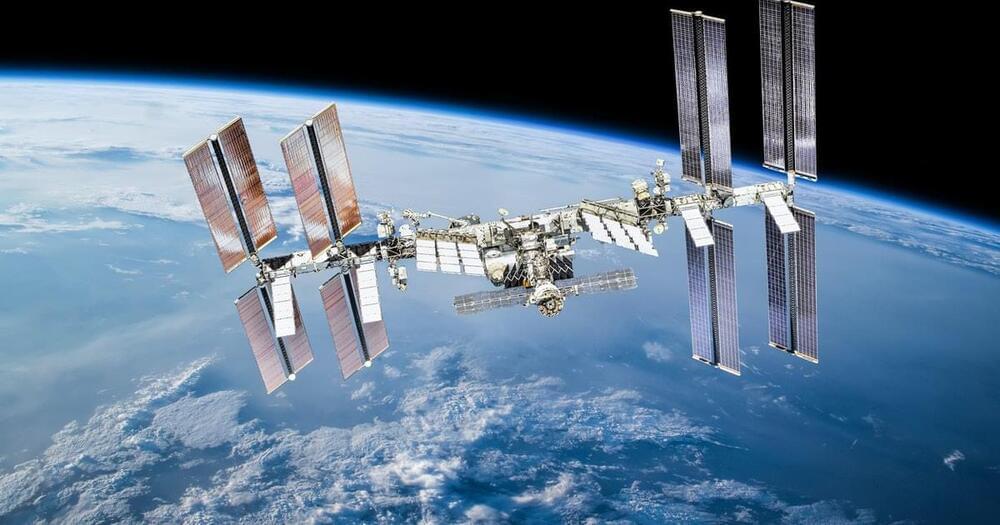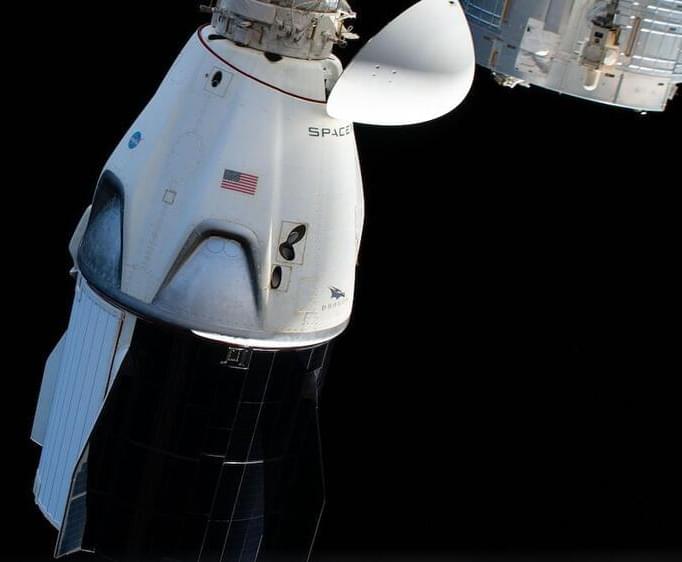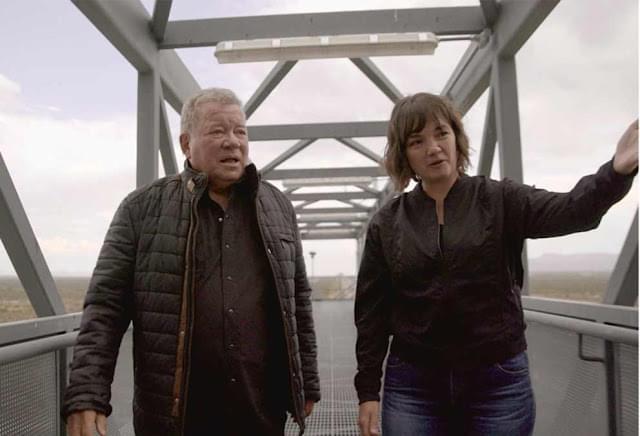One of the most critical aspects of SpaceX’s quest for the reusability of its space hardware is the recovery of its booster. To achieve this, SpaceX decided to land its boosters on the sea. However, the boosters land on large drone ships to prevent losing the booster and transport it back to land.
After many successful landings and recovery of the boosters, the large and dependable drone ships have become a vital link in SpaceX’s dream to make space travel affordable. SpaceX recently added another drone ship to the pair it had in service.
Join us as we explore SpaceX’s insane new drone ship!
To the armchair engineer, landing a rocket in the sea is suicide as many things can go wrong. To start with, when floating on the sea, the drone ship or barge is small compared to all the land available for the booster to land on.
Compounding the problem is that the drone ship itself can be rocked about on the sea, more than 300 km off the coast.
So, combining the size and instability of the drone ship, the booster can miss the drone ship and crash into the sea, making it harder or even impossible to recover.
However, many things have gone wrong as SpaceX tried to land a rocket on land, with several boosters crashing and bursting into flames.
Apart from that, SpaceX has very good reasons to prefer a sea landing for its boosters, and the reason has to do with fuel.
Fuel is a critical component on any mission because the engineers have to balance carrying enough quantity of it and keeping the rocket as light as possible. As you can imagine, the Falcon 9 rockets are heavy, at more than half a million kilograms which means fuel is a premium.
This is how it breaks down:
When you launch to space and the booster returns, you need to slow down the speed from more than 8,000 km/h down to zero. This is done by reigniting the engine, and it requires fuel.
The fuel has to come from the leftover after boosting the upper stage.
This is where it gets interesting.
If you blasted a payload to low orbit, for example, you would have more than enough fuel for the landing. However, if the mission was destined for beyond Earth’s orbit, you will need more fuel because you have to launch faster. This will leave you with no fuel for the landing.
This will be a big blow to SpaceX’s dream of reusing its boosters. Recall that the company wants to launch missions to Mars, which will require lots of fuel to attain the speed necessary for launch but not enough fuel for landing.
However, there is a way out of this problem with the aid of geography.
When SpaceX launches from Florida, the rocket heads East over the Atlantic Ocean. So making the rocket land at sea and not having to return to the launch site will reduce the fuel required because the distance is shorter.
This means for more ambitious launches, it makes sense for SpaceX to land on the sea.
As Musk put it at a conference, “For half our missions, we will need to land out to sea. Anything beyond Earth is likely to need to land on the ship.”
Now, what motivation does SpaceX have to land and reuse its boosters?
The motivation is money. SpaceX wants to save money on its launches, and refurbishing a rocket saves time and costs a fraction of building a new one.
Just how much money is SpaceX saving?
We might never get an actual figure because it is a trade secret, but it is a play on several factors.
For example, to save some fuel for landing, it means you have to reduce your payload. For the Falcon 9 that means a reduction of up to 40 percent in revenue, according to Musk’s tweet:
Payload reduction due to reusability of booster & fairing is <40% for F9 & recovery & refurb is <10%, so you’re roughly even with 2 flights, definitely ahead with 3
— Elon Musk (@elonmusk) August 19, 2020
Recovery and refurbishment costs take another 10 percent. So after two flights, SpaceX breaks even.
The savings is more or less limitless as Musk claims the rocket can fly more than 100 times.
Interestingly, Musk was responding to a tweet that stated United Launch Alliance claimed a booster had to fly ten times for reusability to make economic sense. This shows the difference in economics between the two companies, despite being in the same industry.
However, landing at sea and recovering the booster would not be possible without the quiet heroes that are SpaceX’s barges or drone ships.
There were two in operation before a third joined this year. All have names you would have to get used to if you are not a fan of science fiction, i.e., Of Course I Still Love You, OCISLY, Just Read The Instructions, and A Shortfall Of Gravitas.
Each of these massive drone ships is the size of a football field.
The first drone ship was Of Course I Still Love You, which entered use in 2015. It supported launches from Florida by operating off the east coast of the US. However, it has since moved to the west coast after a new barge joined the fleet.




